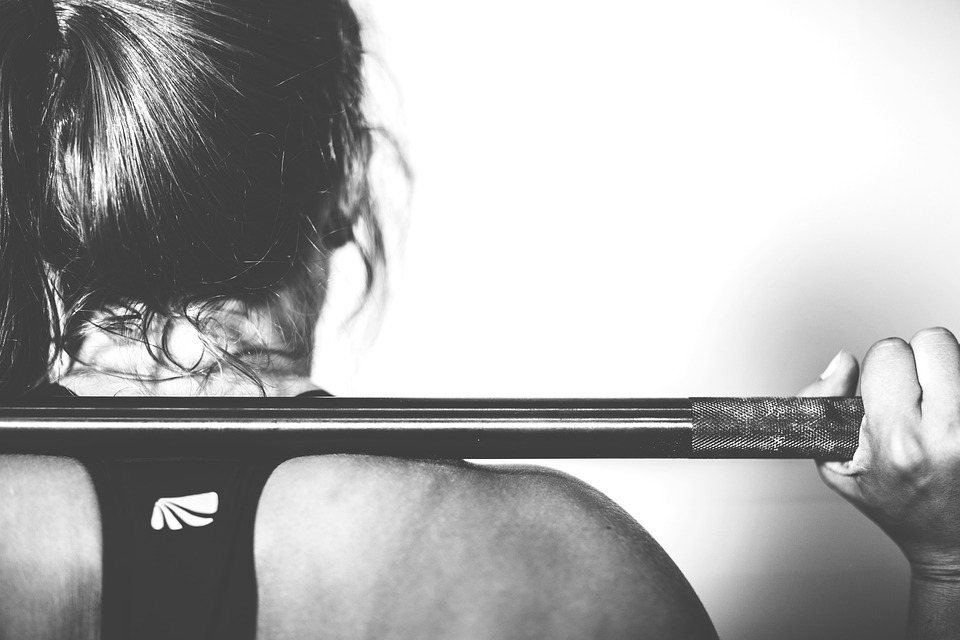HTML Headings:
Breaking Boundaries: How 24/7 Fitness Centers Revolutionize Exercise
Introduction
1. Convenience at Its Best
2. Flexibility for All
3. Enhanced Security Measures
4. Increased Access to Equipment
5. Meeting the Needs of the Modern Lifestyle
FAQs
1. Are 24/7 fitness centers safe to use at all times of the day?
2. Can I bring my own personal trainer to a 24/7 fitness center?
3. How do 24/7 fitness centers handle overcrowding issues during peak hours?
4. What additional services do 24/7 fitness centers offer apart from workout facilities?
5. Are there any disadvantages to using a 24/7 fitness center?
Article:
Breaking Boundaries: How 24/7 Fitness Centers Revolutionize Exercise
Introduction
The fitness industry has seen a significant shift in recent years with the rise of 24/7 fitness centers. These establishments not only break the traditional boundaries of gym operating hours but also revolutionize the way people exercise. Offering accessibility, flexibility, and a range of perks, these fitness centers have rapidly gained popularity among individuals seeking convenience and affordability in their fitness routines. In this article, we will explore how 24/7 fitness centers have transformed exercise and why they continue to attract fitness enthusiasts worldwide.
1. Convenience at Its Best
One of the main advantages of 24/7 fitness centers is their unparalleled convenience. Most traditional gyms operate within limited time frames, making it difficult for individuals with busy schedules to find time for their workouts. However, 24/7 fitness centers eliminate this constraint by allowing members to exercise at any time that suits them, including late at night or early in the morning. This flexibility enables individuals to adapt their fitness routines to their work or personal commitments, ensuring they can maintain an active lifestyle without sacrificing other aspects of their lives.
2. Flexibility for All
In addition to offering round-the-clock access, 24/7 fitness centers cater to a variety of fitness preferences and levels. Whether someone is a beginner or an advanced athlete, these centers provide a wide range of equipment and facilities to meet individual needs. From cardio machines and strength training equipment to group fitness classes and personal training services, members can tailor their workouts according to their goals and fitness levels. Such flexibility ensures that everyone, regardless of their experience or fitness journey, can find suitable options that align with their preferences.
3. Enhanced Security Measures
While exercising at odd hours may raise concerns about safety, 24/7 fitness centers have implemented various security measures to ensure members’ well-being. From access control systems to surveillance cameras, these centers prioritize the safety and security of their members by monitoring activities within their premises. Additionally, some facilities even provide emergency call systems or on-site staff to address any unforeseen circumstances promptly. These security measures offer peace of mind to members, enabling them to focus on their workouts without worrying about personal safety.
4. Increased Access to Equipment
Traditional gyms often experience overcrowding during peak hours, leading to long waiting times for equipment and limited access to certain machines. However, 24/7 fitness centers aim to tackle this problem by expanding their equipment inventory and ensuring a more efficient and seamless workout experience. With extended operating hours and a wider range of equipment, members can exercise without disruptions and have increased choices for their routines. This accessibility to equipment allows individuals to focus on achieving their fitness goals without any unnecessary delays.
5. Meeting the Needs of the Modern Lifestyle
The rise of 24/7 fitness centers corresponds to the changing needs and demands of the modern lifestyle. With more individuals working irregular hours or being constantly on the move, these fitness centers provide a solution that aligns with the dynamic nature of contemporary living. 24/7 fitness centers acknowledge the importance of exercise in maintaining overall well-being and have adapted to cater to the shifting fitness landscape. By breaking free from conventional operating hours, these centers enable individuals to prioritize their health and fitness regardless of their schedule.
FAQs
1. Are 24/7 fitness centers safe to use at all times of the day?
Yes, most 24/7 fitness centers prioritize the safety of their members by implementing security measures such as access control systems, surveillance cameras, and emergency call systems. These centers are designed to ensure a safe environment for exercising even during odd hours.
2. Can I bring my own personal trainer to a 24/7 fitness center?
It depends on the specific policies of the fitness center. Some 24/7 fitness centers may allow personal trainers to accompany their clients, while others may require trainers to be affiliated with the facility. It is best to check with the center beforehand to ensure compliance with their policies.
3. How do 24/7 fitness centers handle overcrowding issues during peak hours?
To minimize overcrowding, 24/7 fitness centers often expand their equipment inventory, ensuring a larger selection for members to choose from. Additionally, some centers may have a maximum occupancy limit and may implement a reservation system during peak hours to ensure a smooth and enjoyable workout experience.
4. What additional services do 24/7 fitness centers offer apart from workout facilities?
24/7 fitness centers often offer a variety of additional services, such as group fitness classes, personal training sessions, nutrition counseling, and sometimes even spa facilities. These additional services aim to provide a comprehensive fitness experience and cater to various aspects of individuals’ health and well-being.
5. Are there any disadvantages to using a 24/7 fitness center?
One potential disadvantage of 24/7 fitness centers is the potential lack of staff availability during certain hours, which may limit immediate assistance or guidance. Additionally, the flexibility and accessibility of these centers may lead to overcrowding during peak hours. However, many facilities have measures in place to address these concerns, such as surveillance cameras and equipment reservation systems.




